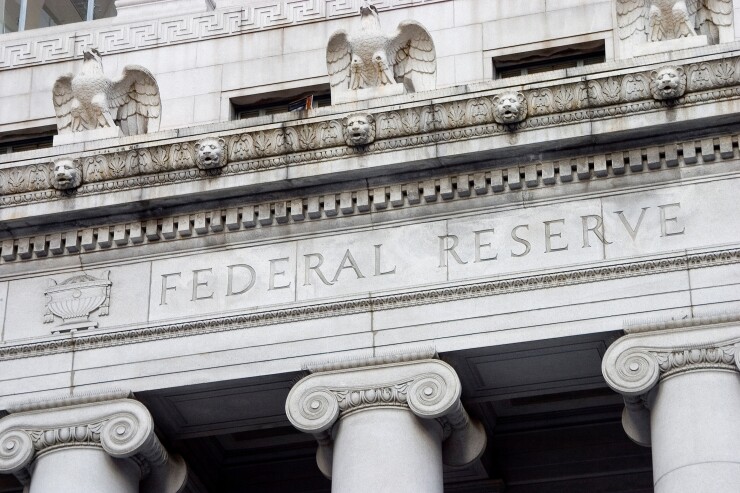For quite a while now, financial advisors and analysts have been waiting to see when the Federal Reserve would finally lower interest rates. The federal funds rate is currently at 5.25% to 5.50%, the highest in over two decades.
The Consumer Price Index (CPI) through July,
READ MORE:
Lindsay Rosner, head of multi-sector fixed income at Goldman Sachs Asset Management,
Bret Kenwell, U.S. investment analyst at trading and brokerage platform eToro,
READ MORE:
"However, it's no longer a question of 'if' or 'when' the Fed will cut rates, but rather, whether the Fed will cut by 25 or 50 basis points," he said.
Ronald E. Lang, principal and chief investment officer at
READ MORE:
"Overall, the psychology of a minor rate cut will create gyrations in the market, but if there are significant cuts or continuous cuts in several consecutive meetings, that means the economy took a turn for the worse," he said. "Easing rates down over time without a major catalyst to the markets creating panic is the way to go for the Fed."
When the Federal Reserve begins to cut rates, financial advisors say that would also signal changes in how they allocate client portfolios over the coming months.
Easing rates, but slowly
Chris Diodato, founder of
"An interest rate cut today isn't immediately going to spur economic growth," he said. "It will take some time. This is why market participants are so concerned about the Fed falling behind the curve. If the economy is rapidly slowing down and the Fed isn't cutting rates yet, it may be impossible to avoid a recession. Thankfully, economic data and our analytics don't suggest this is currently happening."
David Flores Wilson, the managing partner of
"It will likely take a while, but the massive amounts of cash earning 5% in savings accounts and Treasury Bills could get deployed into overlooked segments of the markets, including foreign markets, small-cap stocks and bonds," he said. "With lower rates, many families will be able to take the next stage of their plans, as a low interest rate mortgage on their existing home currently hamstrings them from moving to another home, whether it be for an employment opportunity or an expanding family."
Asset classes will react in their own ways
Diodato said the money market and short-term certificate of deposit rates essentially track the federal funds rate and should be expected to begin falling immediately after the Fed begins cutting rates.
"As for bonds of other maturities, I don't know if they'll become a 'hot' investment, but the headwinds the asset class has faced over the last three years are
Other asset classes, however, are trickier, said Diodato.
"Stocks and real estate values are economically sensitive, and economic growth is moderating," he said. "If the Federal Reserve engineers an economic 'soft landing' and sidesteps a recession, then certainly stocks and real estate should perform wonderfully. But, if the economy blinks, you would expect some decline in stock and real estate prices."
Collin Lyon, a financial advisor with
"Both look great and could function much like a coiled spring," he said. "I stress the importance of diversification among both asset classes to take advantage of the potential opportunity rather than saying one is better than the other."
However, Jason Britton, founder and CIO of
"Too many people have been chasing housing, specifically multifamily housing, that is only going to get more crowded as a trade if rates come down," he said.






